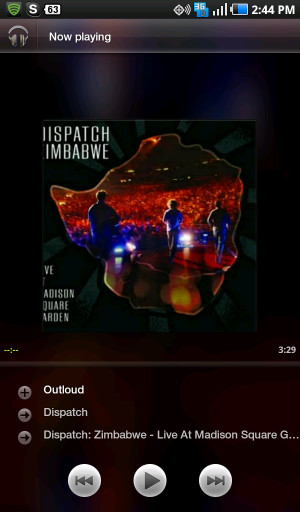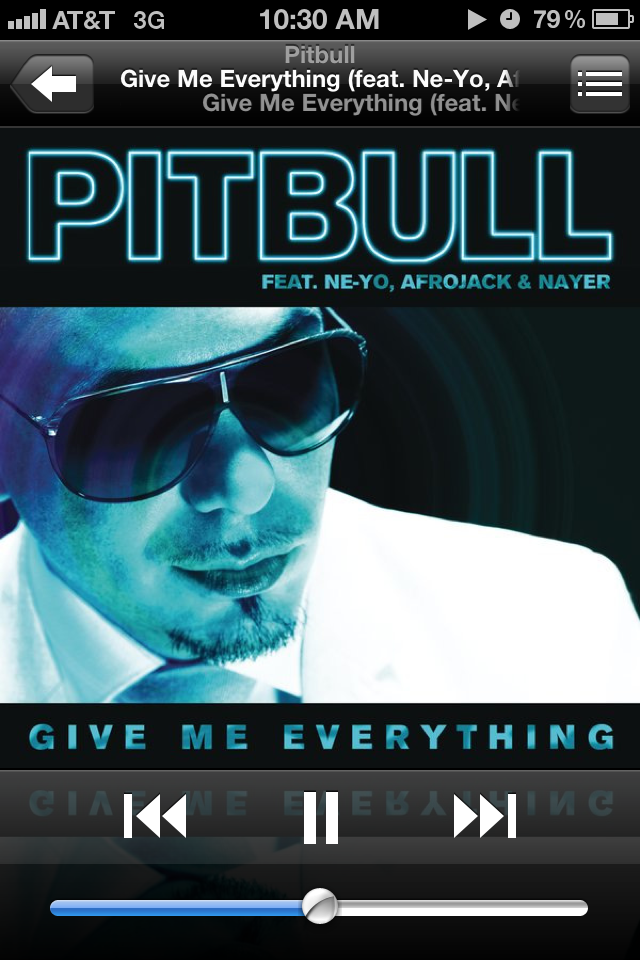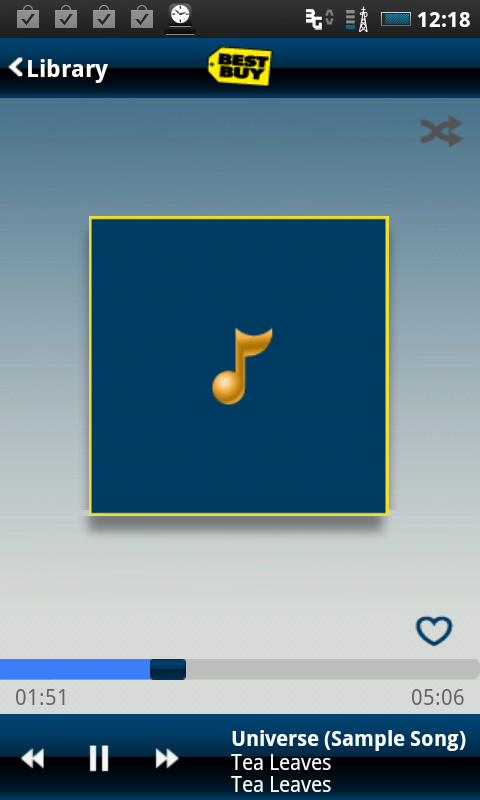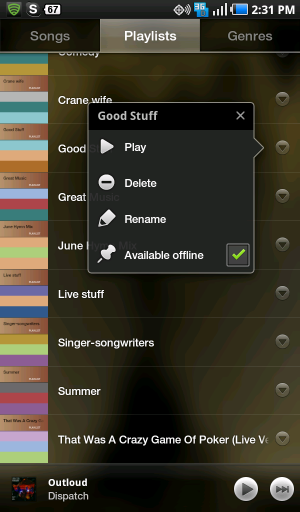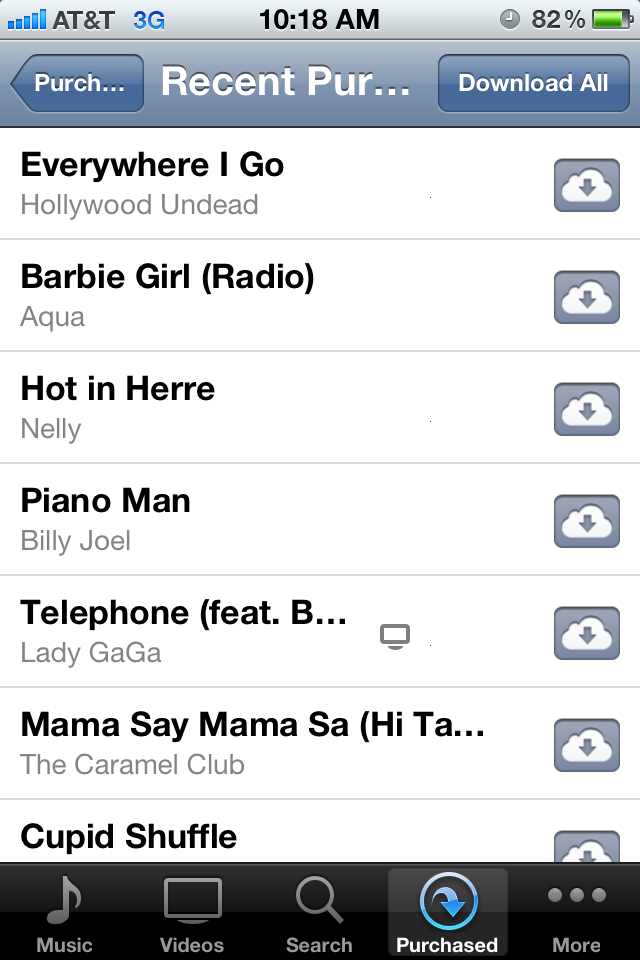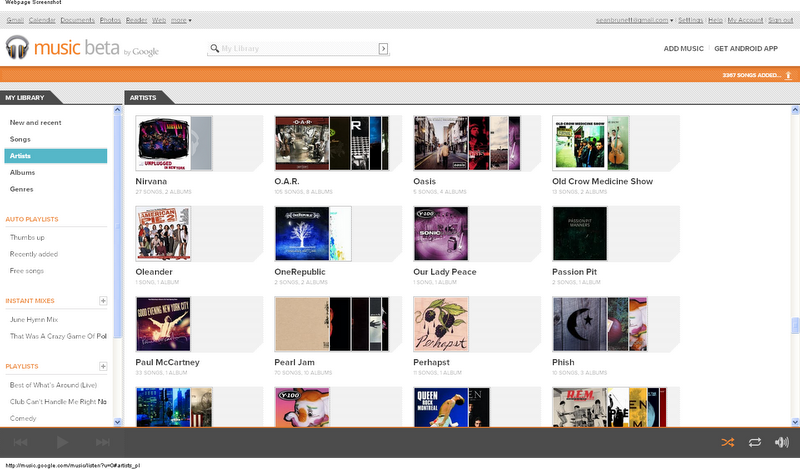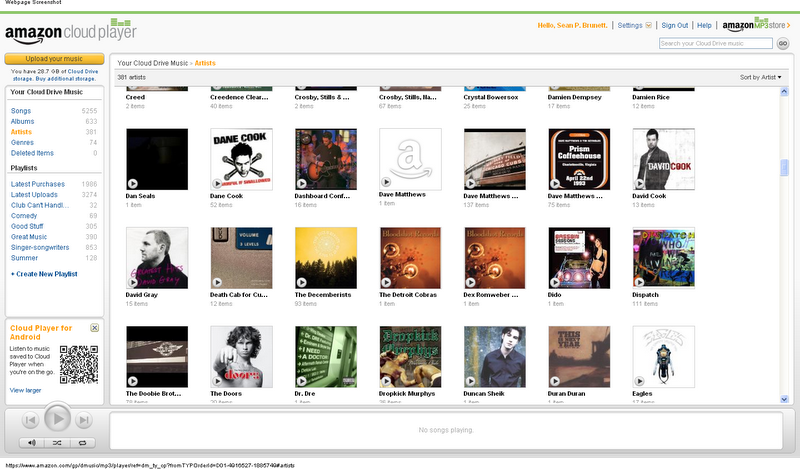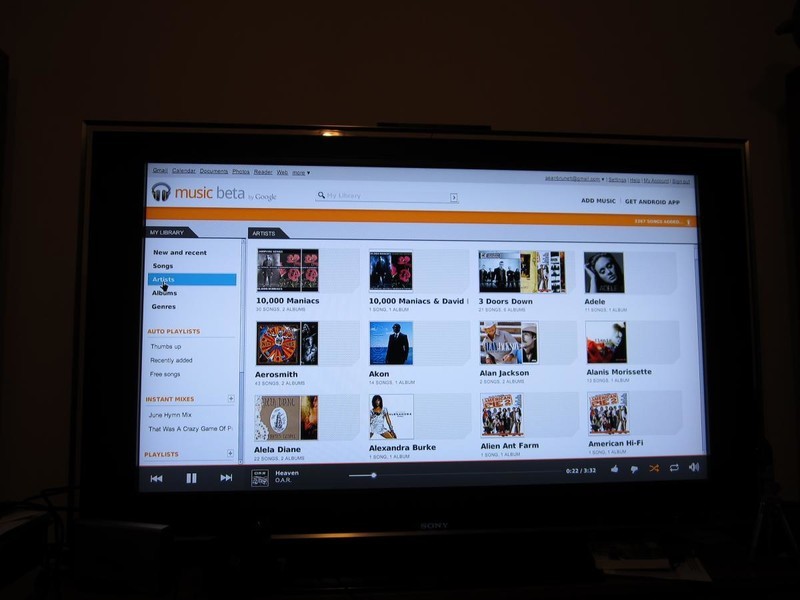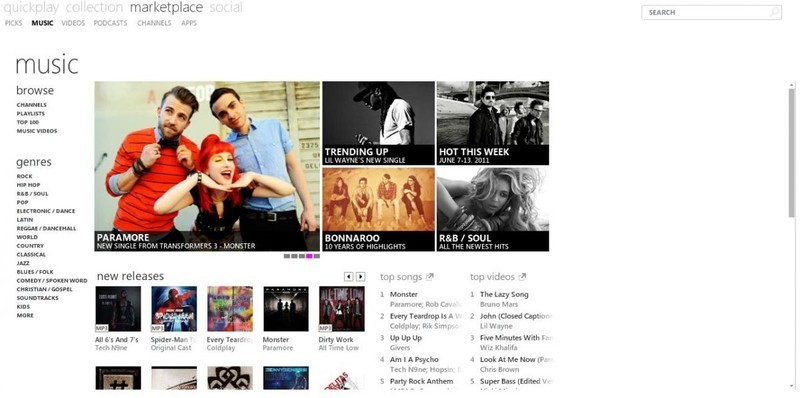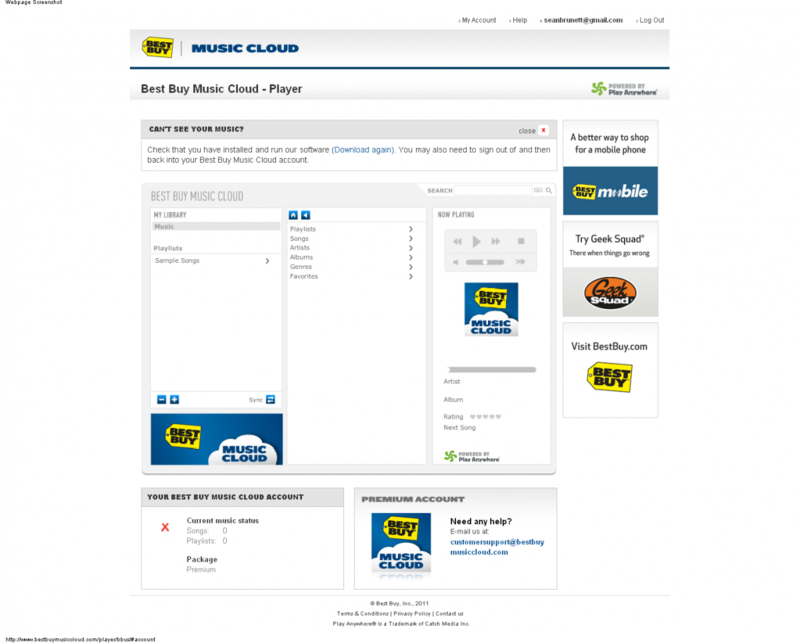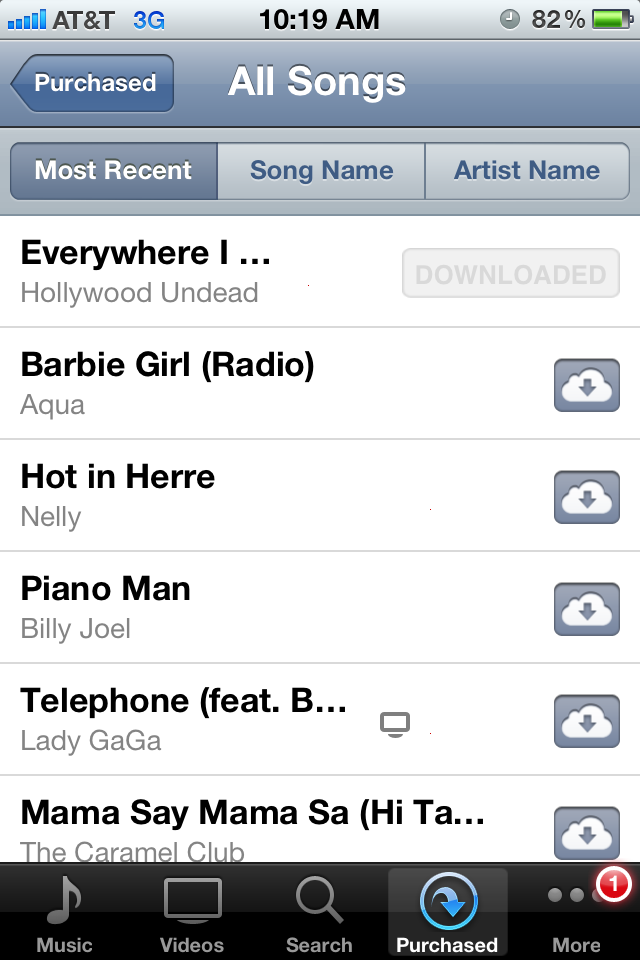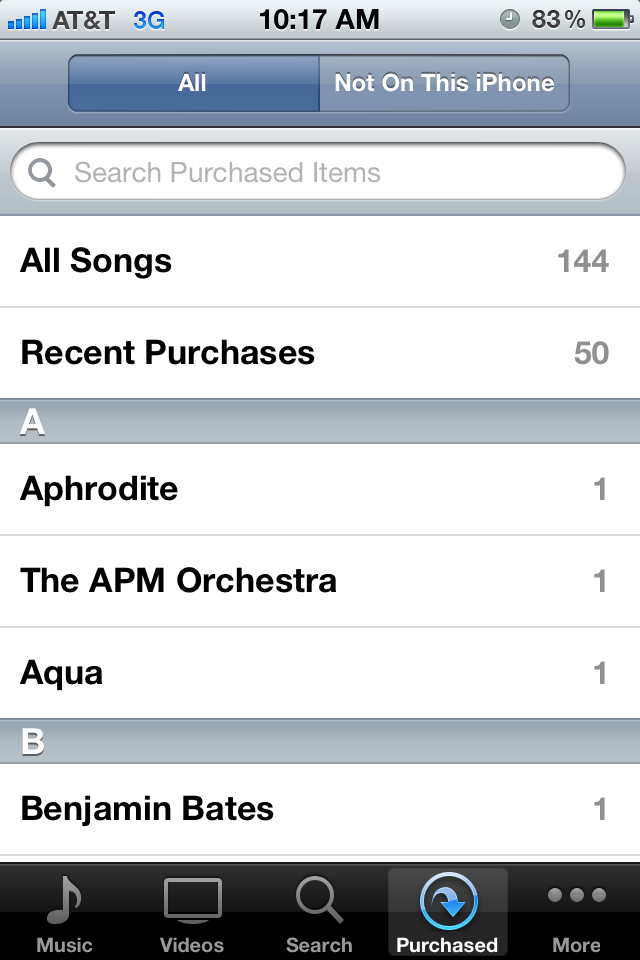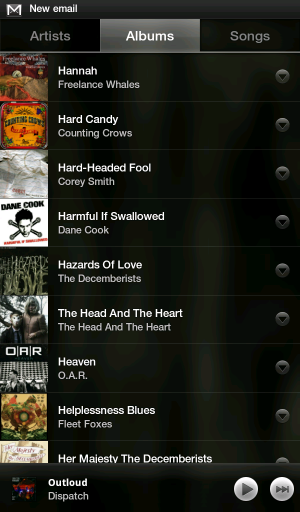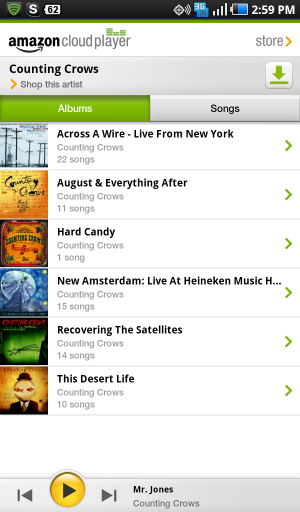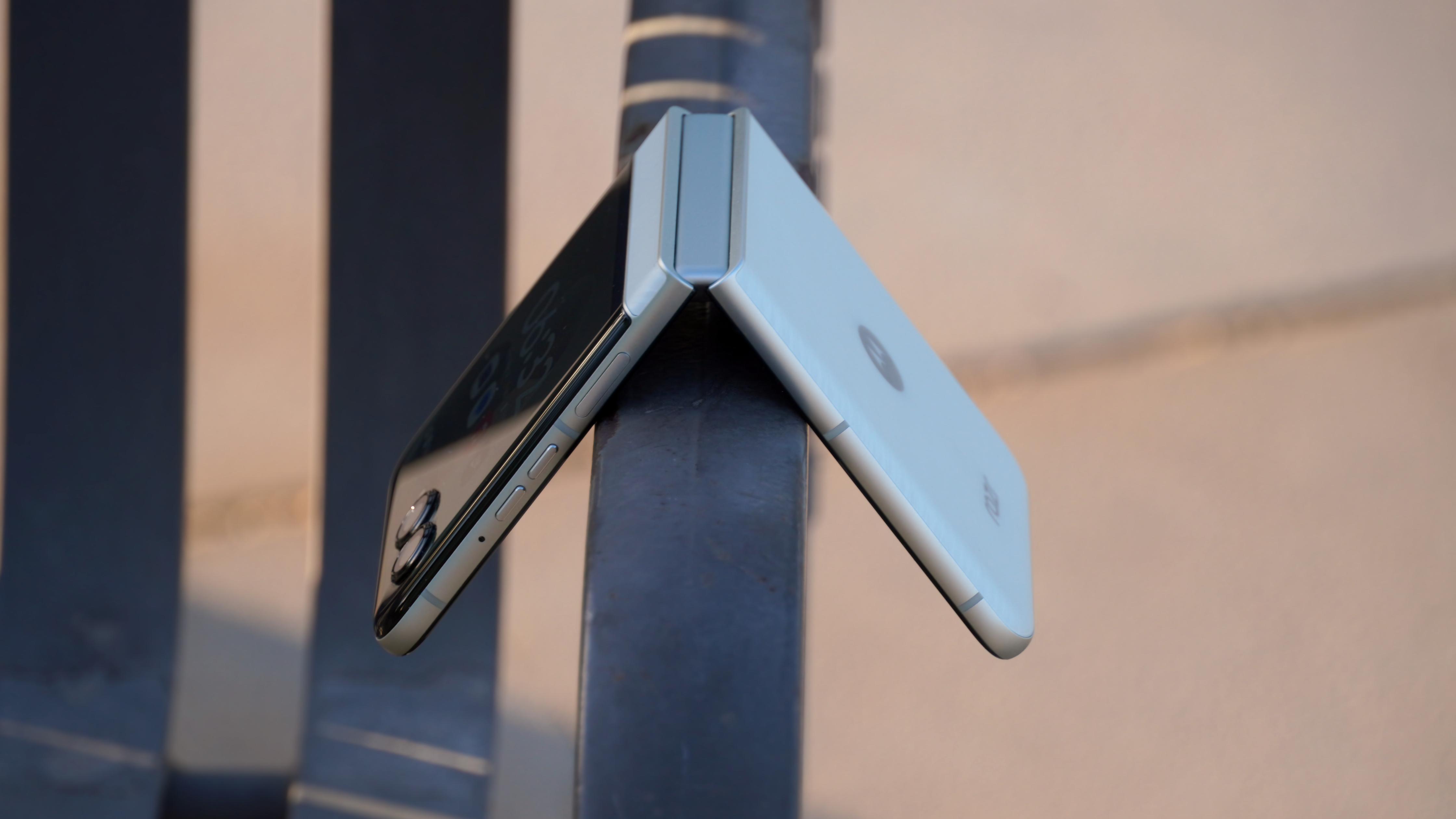Cloud music: Google Music Beta vs. Amazon Cloud Player vs. iTunes in the cloud vs. Microsoft Zune Pass vs. Best Buy Music Cloud
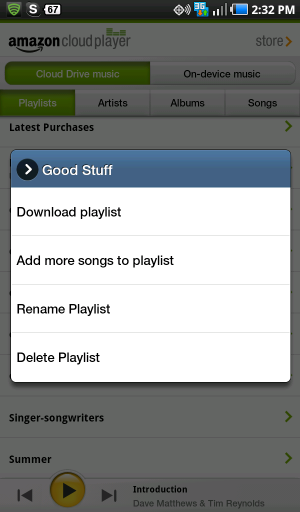
Apple’s WWDC keynote was earlier this month, and it was largely focused on their new cloud initiative, fittingly named iCloud. One of the big features of iCloud, naturally, is its iTunes integration, giving us another cloud-based music solution to choose from. This comes on the heels of Google and Amazon’s announcements of Music Beta and Cloud Player, respectively. Microsoft's Zune Pass and Best Buy's newly announced Music Cloud service offer additional choices, so consumers have a lot to consider. They are all similar in intent, which is to provide users with an easy way to manage music without having to sync or worry about which device has what music on it. Despite their similarities, they all have glaring differences that users should know about before signing up for any of them. So let’s get right down to it. There are admittedly other viable options, such as personal hosting, but we're going to focus on these five.
Google Music Beta | Apple iTunes in the Cloud | Microsoft Zune Pass | Best Buy Music Cloud
The premise of most of these services is the same: Your music collection will be stored on their servers or "the cloud,” which will enable you to access it wherever or whenever you want so as long as you have an Internet connection. Amazon, Google, Apple and Best Buy are essentially providing users with a digital external hard-drive that will be able to store all of your media on their servers. Microsoft's model is a bit different; users pay a monthly fee for unlimited access to music rather than it acting as a personal collection.
Amazon and Apple both have stores from which you can purchase media. Any content bought from either of them from here on out will be stored at no cost to your hard-drive space. While Google does not have a store, they are able to aggregate music from most places and allow the user to upload purchases from anywhere.
Storage space
Google Music Beta
Provides users with up to 20,000 songs for free as long as it’s still in Beta, no matter where the songs were purchased. No word yet on if we'll be able to purchase additional storage.
Apple iTunes in the Cloud
Get the latest news from Android Central, your trusted companion in the world of Android
Provides users with up to 25,000 songs. Free for anything purchased from iTunes, but $25/year for all other music.
Amazon Cloud Player
Provides users with storage per gigabyte. You get 5GB free. If you buy a single mp3 album from Amazon, you get 20GB added on for free for a year. If you purchase the $20/year plan, you get unlimited music storage for uploaded content. Any albums or songs purchased from Amazon do not count against your storage.
Microsoft Zune Pass
There is no storage space because, unlike the others, this is a subscription based service. Users can pay $14.99/month and have access to unlimited songs and albums.
Best Buy Music Cloud
There appears to be no storage cap on Best Buy's service. You pay $3.99/month to access the music you put on Best Buy's cloud on your device.
Streaming, and not
With Google, Amazon and Best Buy's services, you must upload your current collection. This can take a while, especially if you have slow upload speeds. However, once all of the music is up, you don’t have to worry about it. It is accessible from anywhere from any browser (so as long as it has Flash). Google Music Beta is always scanning a folder that you specify. So if you buy an album from Amazon, put it on your Cloud Drive and download it, Google’s Music Manager will automatically upload it as long as you have it pointed at the folder. This is a really nice feature.
iTunes scans your library and gives you access to all of your music on all of your iOS devices -- all without uploading a single song. With iTunes Match, it is also able to do this with non-iTunes purchased content.
You may look at uploading and complain about what a pain it is to upload your collections for Amazon and Google Music. Meanwhile, iOS users have it easier, with a scanning system and no uploading. I suspect Apple was able to do this because of the difference in how the services serve back the music. iTunes in the Cloud does not stream songs directly (you download them) and cannot be accessed from a non-iOS device. Google Music Beta and Amazon Cloud Player can be accessed from any device with an app, or a browser with Flash. Those who have purchased the BlackBerry Playbook have reported that Amazon’s Cloud Player works flawlessly on it. (On the other hand, it is a PlayBook, so there may be other concerns. Zing!)
Again, iTunes in the Cloud does NOT stream music. It lists your music and allows you to download songs to your device. It's a handy replacement for wired syncing, but not beneficial if you're intending to stream.
Microsoft's Zune Pass is streaming but you don't have to upload your music. This is because it is an entirely subscription-based service where you pay monthly to access the music that you wish. In other words, you don't own the music but have access to an enormous library of songs.You can access it on any Windows Phone 7 device, Xbox 360 (with Live Gold account), or PC. It should be noted that there is a three device and three computer cap per account.
What if you don't want to stream?
While you can stream your Amazon or Google collection, sometimes you'll want to actually have the music on your phone -- maybe you're traveling or just have a bad connection. A note for offline use: When you download music to your device, it is not removing the songs from the servers that they’re stored on; it's merely copying them. You can download your media to as many devices as you want with Amazon, eight mobile devices with Google and 10 iOS devices with Apple.
Google Music Beta
Called Pinning, it allows users to simply check a box next to Artists, Albums or Playlists that will download the media to the device. Everytime you update the Playlist for example, it will automatically update, either only over WiFi or as soon as possible over 3G (depending on the settings you choose).
Amazon Cloud Player
Like Google, Amazon allows users to download Artists, Albums or Playlists to their device and access them from the "On-Device Music" tab. Unlike Google, however, it does not automatically update every time you change the playlist.
Apple iTunes in the Cloud
iTunes in the Cloud is always in offline mode because there is no streaming.
Microsoft Zune Pass
Microsoft allows users to download and sync their Zune collection to three computers and three devices; provided that there is sufficient space on your phone, you can store as much as you like. Users may also "buy" 10 songs per month with the Pass, which will allow them to take ownership of it in the case that Microsoft loses the rights or you cancelled your Zune subscription.
Best Buy Music Cloud
Best Buy Music Cloud is very similar to Amazon and Google in that it allows your collection to go offline if you don't want to stream. Users can select individual songs, artists or playlists to store offline.
While we all have the service that we prefer, they all represent a step forward that will hopefully be recognized as such by the music industry. As the platform wars heat up it seems that each will be able to offer its own version of the cloud music idea. The real winner in my book, will be the cross platform solution available on every device. There is no doubt that Google, Amazon and Best Buy are going to try to get on as many platforms as possible. Not only phone mobile platforms, but dedicated applications for Roku, Google TV and the Boxee Box. I imagine in the next few years we’re going to see cars strike deals with companies to have their service come pre-installed (I can dream right?) While Best Buy can boast BlackBerry OS, iOS and Android, it unfortunately has other issues. It will only scan your iTunes library, so if you use some other music management software or keep your music in other folders, it appears that you’re out of luck. I am doubtful as well that Apple will approve Google or Amazon’s services, but I’d love to be proven wrong. Same for the Zune Pass; if Microsoft would open it up to other devices, subscriptions would skyrocket because it has a lot to offer. While we wait for these solutions to battle it out, here is a simple pro and con list if you’re having trouble deciding.
Pros and cons
Cloud-based music services backed by the Internet giants seem to all be coming at the same time. The music industry is no doubt to blame for the delay and are likely still uncomfortable with how things look at the moment.
Google Music Beta
Pros:
- Stores 20,000 songs for free no matter where they were purchased (unless it has DRM)
- Allows users to access and stream their music on any device; their music is associated with their Google account
- Allows streaming from the browser at music.google.com (as long as it has Flash)
- Allows metatag editing
- Supports streaming/downloading to 8 mobile devices and unlimited computers
- Supports Playlist sorting on the web (by Artist, etc. ...)
Cons:
- Doesn’t have a place to buy content
- Requires an upload
- Not publicly available (only in Beta)
Amazon Cloud Player
Pros:
- Allows users to purchase more storage if you max out
- Store integration allows easy importing
- Content purchased from Amazon doesn't count against your storage total
- Can be accessed as an app and streamed
- Supports unlimited device streaming and downloading
- Can be accessed from any browser at Amazon.com/CloudPlayer (as long as it has Flash) (has an iPad web app now)
- Stores content no matter where the music is from (unless it has DRM)
Cons:
- Does not allow metatag editing
- Requires an upload of content
- No ability to sort Playlists (by Artists, etc...)
Apple’s iTunes in the Cloud
Pros:
- Does not require an upload, unless Apple does not have the music that you did not purchase from iTunes
- Purchases from iTunes are stored for free
- Supports downloads of up to 10 iOS devices
Cons:
- Does not stream
- Only available on iOS devices
- Only supports iTunes music but will allow other music to be mirrored for $25/year. Still unclear what happens to the music if you stop the subscription
Microsoft Zune Pass
Pros:
- Provides access to unlimited music for a monthly fee
- Does not require an upload
- Ability to stream the music to PC, Windows Phone 7 device and Xbox 360 (requires a Live Gold account)
- Ability to download Zune content on devices for offline access
Cons:
- Other than the PC, only available on Windows Phone 7 and Xbox 360 (requires a Live Gold account)
- Monthly fee of $14.95 may seem high to some
- You don't own any of the music (though you can download 10 songs per month)
- Only available on 3 devices and 3 computers
Best Buy Music Cloud
Pros:
- Available on iOS, BlackBerry and Android
- Allows streaming on web and to devices
- Allows caching music for offline listening
Cons:
- Only able to scan iTunes library for music
- The app and process of loading music has been slower than the others in our testing
- Web interface is clunky
Check out more pictures after the break. They show: Google Music Beta on the web, Amazon Cloud Player on the web, Google Music Beta on the TV through the Boxee Box Browser, the Zune Marketplace, the Best Buy Music Cloud Player for the web, and finally some more screenshots from Google, Apple and Amazon.
Have you listened to this week's Android Central Podcast?
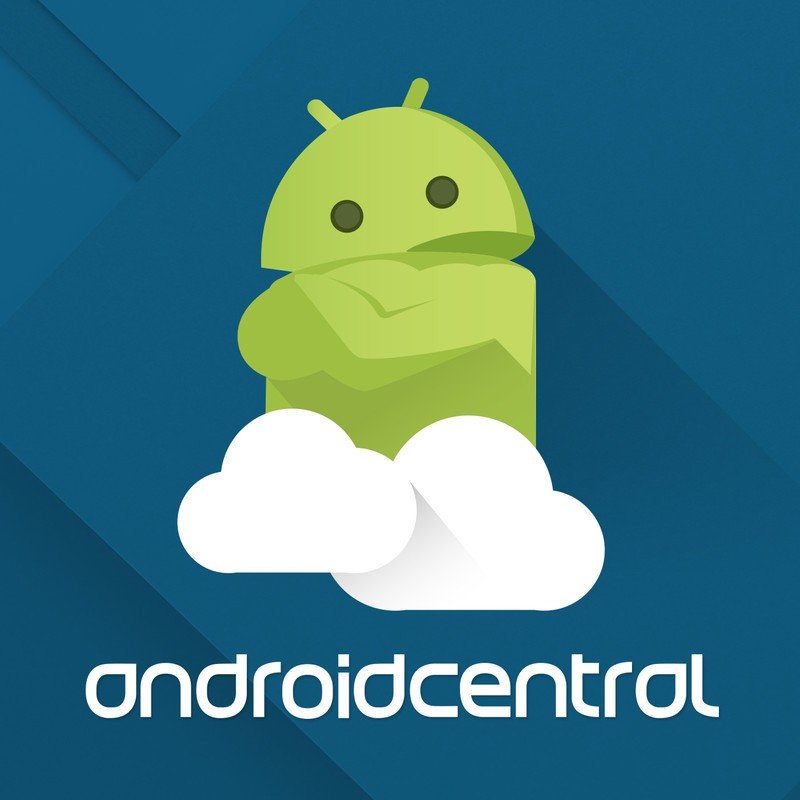
Every week, the Android Central Podcast brings you the latest tech news, analysis and hot takes, with familiar co-hosts and special guests.
